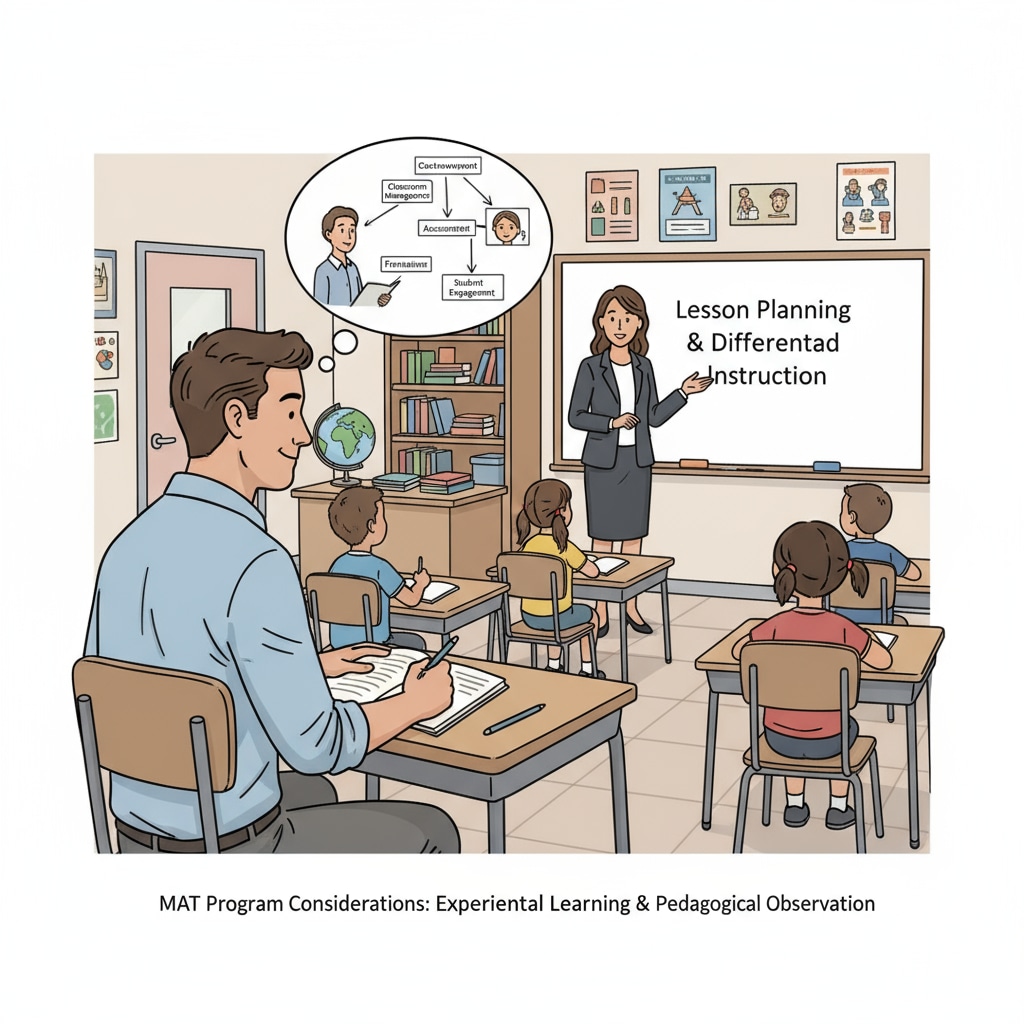When it comes to applying for a MAT (Master of Arts in Teaching) program, teaching assistants in the K-8 setting face an important decision – choosing the right person to write their推荐信 (recommendations). A strong recommendation can significantly boost their chances of getting into the program, while a weak one might hinder their progress. This article will discuss why teaching assistants are often an appropriate choice for recommenders in the context of MAT program applications, analyze different types of recommenders, and provide tips on securing powerful recommendations.

The Significance of a Good Recommendation for MAT Applications
For teaching assistants applying to MAT programs, a well-written recommendation serves as a crucial endorsement of their capabilities. Admissions committees rely on these letters to understand the applicant’s potential as an educator. A positive recommendation can highlight the teaching assistant’s skills, such as classroom management, student engagement, and subject matter knowledge. For example, Teach.org emphasizes that admissions committees seek evidence of an applicant’s commitment to teaching and their ability to succeed in a rigorous program. A strong recommendation can provide this evidence.
Teaching Assistants as Recommenders: The Advantages
Teaching assistants themselves can be excellent recommenders for MAT program applicants. They have firsthand experience in the classroom environment. They witness the daily interactions between teachers and students, and understand the challenges and rewards of the profession. This unique perspective allows them to provide detailed and accurate insights into the applicant’s potential. Moreover, teaching assistants often have a close working relationship with the applicant, enabling them to speak to their character, work ethic, and dedication to education. As a result, their recommendations can carry significant weight with admissions committees.

Other Potential Recommenders: Pros and Cons
While teaching assistants can be great recommenders, it’s also important to consider other options. School administrators, for instance, can offer a broader perspective on the applicant’s contributions to the school community. However, they may not have as in-depth knowledge of the applicant’s day-to-day teaching abilities. On the other hand, fellow teachers can provide detailed accounts of the applicant’s teaching skills but might be limited in their view of the applicant’s overall potential for leadership or administrative roles. According to Education Corner, understanding the strengths and weaknesses of different recommenders is essential for making an informed choice.
Readability guidance: By examining the different recommenders, teaching assistants can better understand how each can contribute to their application. This helps in making a strategic decision about who to approach for a recommendation.
Strategies for Obtaining Strong Recommendations
Once a teaching assistant has decided on a recommender, there are steps they can take to ensure a strong recommendation. First, they should provide the recommender with sufficient information about themselves, their goals for the MAT program, and their relevant experiences. This could include a resume, a personal statement, or examples of their work in the classroom. Second, give the recommender plenty of time to write the letter. Rushing them may result in a less detailed and impactful recommendation. Finally, maintain communication with the recommender throughout the process. Thank them for their time and express your interest in their feedback.
In conclusion, when teaching assistants apply to MAT programs, choosing the right recommender is a critical decision. Teaching assistants themselves can be an appropriate and powerful choice due to their unique insights. However, considering other potential recommenders and following strategies to obtain strong recommendations can further enhance the applicant’s chances of success in their MAT program pursuit.


